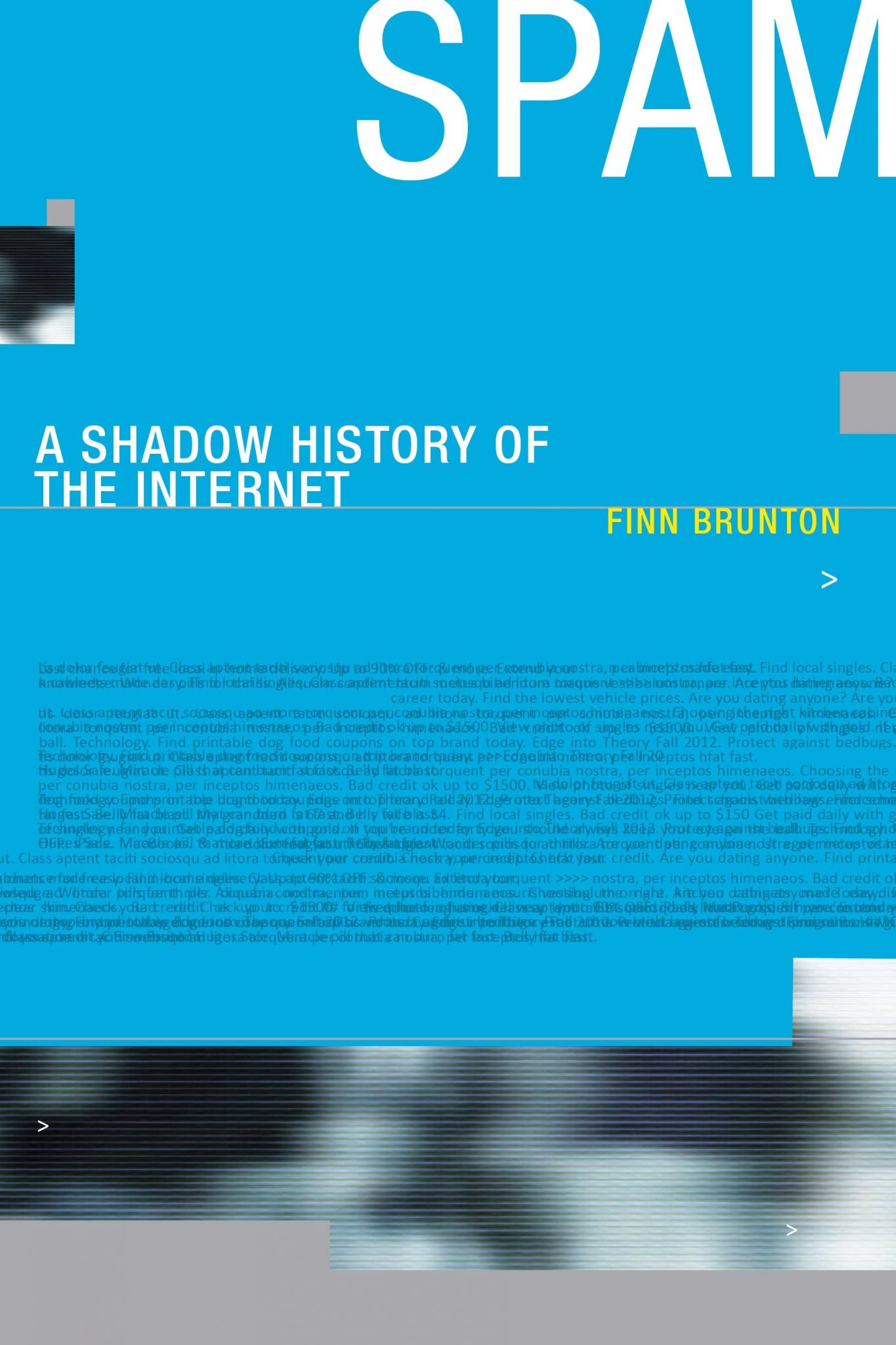Writing on his sixtieth birthday about the changes to society he’s seen his lifetime, the screenwriter Ian Martin noted: ‘It’s funny and comforting to know that after you are dead, you will still get spam.’ Even when you’re six feet under, you’ll still receive enticements to launder money and buy erectile-dysfunction pills. Finn Brunton’s book charts the dark history of these unwanted digital missives.
The reader learns that the origin of the term ‘spam’ has its roots in the habit of web pioneers – an early meme, if you like – to quote lines from Monty Python’s 1970 ‘Spam’ sketch in messages sent through the early computer networks of university campuses. We find out that, per capita, Pitcairn Island is the number one source of spam worldwide; we read about self- proclaimed ‘spam king’ Sanford Wallace, who ended up with multimillion-dollar lawsuits from MySpace and Facebook; about how the island nation of São Tomé and Príncipe paid for a new telecommunications infrastructure off the back of the money it earned routing spam-touted American phone sex lines through its old system; and that the Enron scandal provided antispam researchers with a much-needed cache of emails, publicly available after the prosecution, to analyse in order to improve their filters.
These more human anecdotes – which posit the ‘pill-selling quacks… white-collar felons, and get-rich-quick schemers’ as being the negative, and totally inevitable, background pollution of an online community – help bring what is an otherwise overly technical history (it started life as a dissertation) to life. Indeed, this is what proves so intriguing about the idea of spam. While for the most part it is a form of digital abstraction – a story of techno-economics, mathematics and programming, malware and worms, bots battling with bots – it has its roots in the ancient human vices of greed, lust and stupidity.
This article was first published in the Summer 2013 issue.
